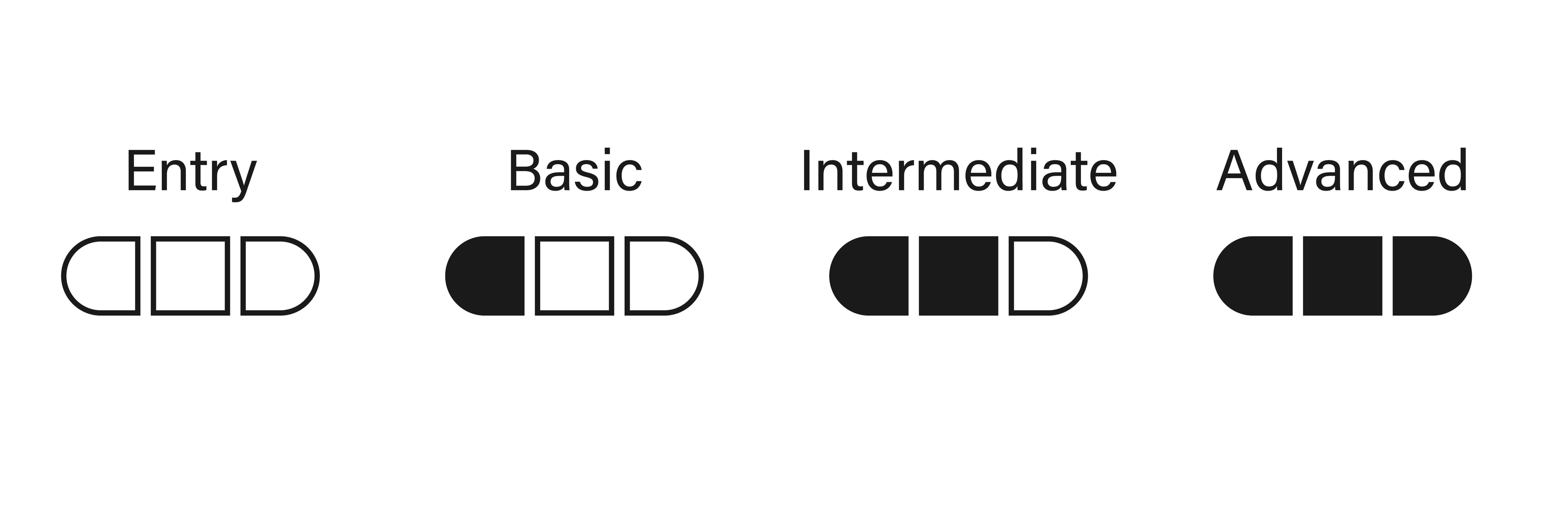
How to Sell Yourself at the Interview

I've had in mind a write up on general interview etiquette for a while. This won't be a detailed overview of how to nail each stage of a rigorous process, think of it more as a best practice guide I've put together based on my own experiences of interviewing and being interviewed.
First Impressions It's a cliché you've heard a thousand times but it's worth saying again: first impressions count for everything. I couldn't list the number of times I've met a candidate, AAA on paper, only to be let down upon meeting them in person. Think about how you carry yourself, your posture, eye contact, tone of voice and handshake. These are small things to be aware of which make a huge difference to people's perception of you. Someone who makes a great first impression speaks confidently, has a firm handshake, holds eye contact, can crack a joke, doesn't fidget in their seat and can greet and depart company elegantly.
Nervousness This second point is related to the above. Everybody gets nervous before an important job interview, it's a direct follow-on from wanting the job: we value highly the possibility of a new role and resultantly are fearful of missing out on it. But very visible signs of nerves are detrimental to your performance and likely affect the accuracy of your answers. This next part is straight-up armchair-psychology, but the best interview 'performances' come from people with a clear sense of identity - and I count myself in this example.
Don't think of yourself being interviewed by an interviewer, but more of selling your wares to an eager buyer: for me it was a case of selling my skills as an analyst to a firm looking for an investment-analyst-in-training. The best candidates I meet clearly think about their most valuable skills and how to sell them in an interview.
Other Below are a few miscellaneous points worth making:
- Have your 'elevator pitch' down pat. Practice it with friends, family, and classmates.
- Don't go on too long with your answers: don't give one-word answers obviously, but an interviewer will probe for more detail when necessary.
- This sounds paradoxical but I recommend avoiding rehearsed answers at the end of an interview. With so many guides and forums like this one available, it's obvious when people ask questions that have been prompted by these guides. Good questions I've been asked recently: "Has your firm had a good 12 months?", "What would you change here if you were in charge?", and "What do you do outside work?".
How to Sell Yourself at the Interview
I've had in mind a write up on general interview etiquette for a while. This won't be a detailed overview of how to nail each stage of a rigorous process, think of it more as a best practice guide I've put together based on my own experiences of interviewing and being interviewed.
First Impressions It's a cliché you've heard a thousand times but it's worth saying again: first impressions count for everything. I couldn't list the number of times I've met a candidate, AAA on paper, only to be let down upon meeting them in person. Think about how you carry yourself, your posture, eye contact, tone of voice and handshake. These are small things to be aware of which make a huge difference to people's perception of you. Someone who makes a great first impression speaks confidently, has a firm handshake, holds eye contact, can crack a joke, doesn't fidget in their seat and can greet and depart company elegantly.
Nervousness This second point is related to the above. Everybody gets nervous before an important job interview, it's a direct follow-on from wanting the job: we value highly the possibility of a new role and resultantly are fearful of missing out on it. But very visible signs of nerves are detrimental to your performance and likely affect the accuracy of your answers. This next part is straight-up armchair-psychology, but the best interview 'performances' come from people with a clear sense of identity - and I count myself in this example.
Don't think of yourself being interviewed by an interviewer, but more of selling your wares to an eager buyer: for me it was a case of selling my skills as an analyst to a firm looking for an investment-analyst-in-training. The best candidates I meet clearly think about their most valuable skills and how to sell them in an interview.
Other Below are a few miscellaneous points worth making:
- Have your 'elevator pitch' down pat. Practice it with friends, family, and classmates.
- Don't go on too long with your answers: don't give one-word answers obviously, but an interviewer will probe for more detail when necessary.
- This sounds paradoxical but I recommend avoiding rehearsed answers at the end of an interview. With so many guides and forums like this one available, it's obvious when people ask questions that have been prompted by these guides. Good questions I've been asked recently: "Has your firm had a good 12 months?", "What would you change here if you were in charge?", and "What do you do outside work?".




